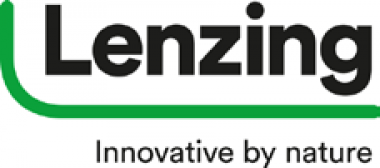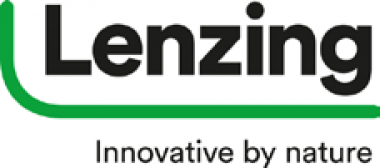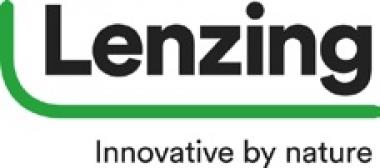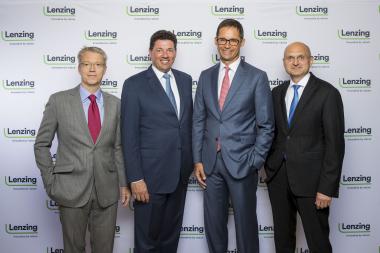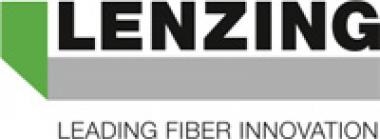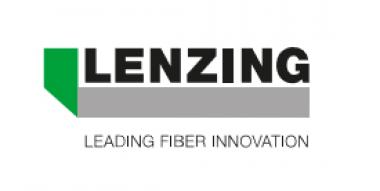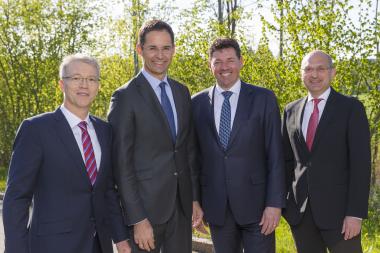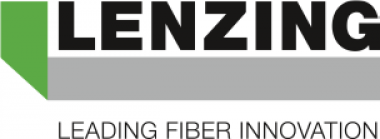Sateri Enters China’s Lyocell Fibre Market
Towards Closed-Loop Manufacturing – Sateri Enters China’s Lyocell Fibre Market
- new 20,000 ton Lyocell line commences production in Shandong
Sateri has successfully commenced production of Lyocell fibre in Rizhao, Shandong, China. In collaboration with Asia Symbol, China’s leading producer of pulp and packaging board, the newly installed 20,000 ton per annum production line will broaden Sateri’s portfolio of high quality fibre products, and bolster Lyocell supply to the textile and non-woven markets.
Industry associations such as the China National Textile and Apparel Council (CNTAC) welcome the news.
A natural and biodegradable fibre, Sateri’s Lyocell is made from wood pulp sourced from sustainable plantations. It is manufactured using closed-loop technology, requiring minimal chemical input during the production process, and utilising an organic solvent that can be almost fully recovered and recycled.
Lyocell is used to produce high quality textiles and personal hygiene materials. Textiles made from Lyocell possess high tenacity and bright lustre, and share similar qualities with textiles made from viscose – soft and silky with good drape, breathability, and absorption.
Omnicom Public Relations Group







